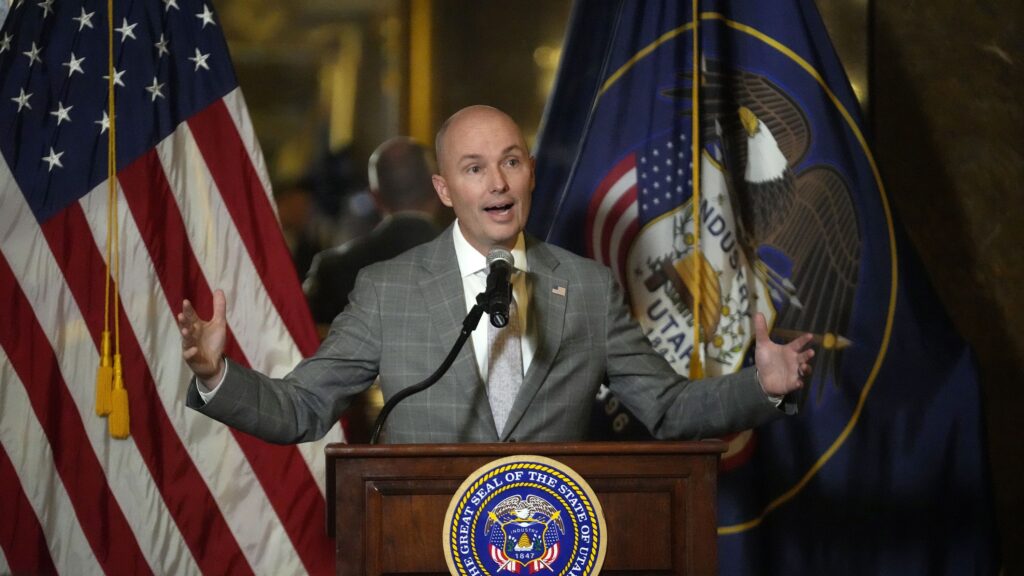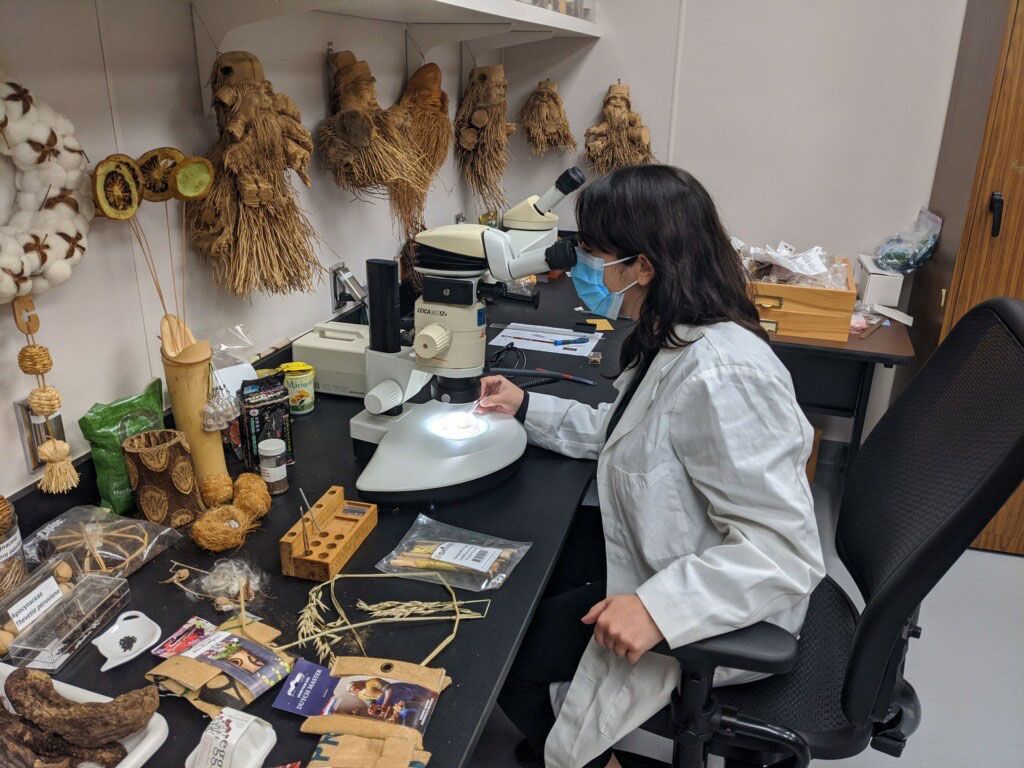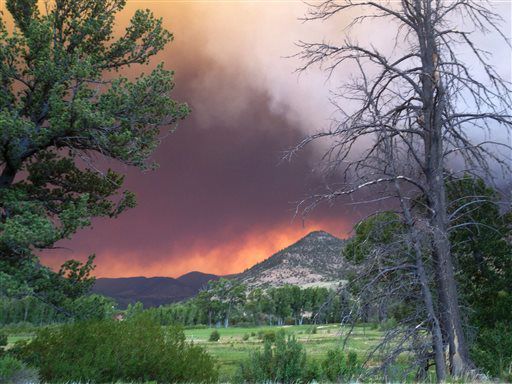Second court ruling again upholds Colorado sex offender registration

A federal judge dismissed a challenge to Colorado’s sex offender registry on Fourth Amendment grounds, one month after an appeals court also found the law did not violate the Eighth Amendment’s prohibition on cruel and unusual punishment.
Hunter Adam Melnick received a conviction for sex assault in 2009 and, pursuant to the Colorado Sex Offender Registration Act, registered as a sex offender after his parole in February 2017. The Colorado Bureau of Investigation collects the offender’s name, date of birth and description of the offense, among other items. Some of this personal information is available in a publicly-searchable database.
Melnick argued that the registration mandate hindered his ability to find housing and employment and to participate in social media. He deemed the registry an illegal search and seizure of his information in contravention of the Fourth Amendment.
U.S. District Judge Christine M. Arguello wrote in a Sept. 18 opinion that Melnick had no reasonable expectation of privacy for the information disclosed, and pointed to a 2014 federal circuit court decision establishing that the “degree of intrusion” on sex offenders is reasonable because it advances public safety goals.
“The fact that Plaintiff is still on parole only underscores his lack of a privacy interest in the information he was required to submit pursuant to SORA. A parolee does not enjoy ‘the absolute liberty to which every citizen is entitled,’” Arguello wrote. “The purpose of these restrictions is to assist with offenders’ rehabilitation while protecting the safety of the community.”
In August, a panel of the U.S. Court of Appeals for the 10th Circuit upheld SORA after three individuals challenged the continuing registration requirement because it subjected them to harassment and potential abuse from the disclosure of their information. The panel concluded that the registry did not constitute cruel and unusual punishment because the General Assembly intended it to serve not as punishment, but rather a means for community members to protect themselves.
In the case, Millard v. Camper, Judge Allison H. Eid deemed any antagonism from private actors against sex offenders a “collateral consequence” that the court had no jurisdiction over.
Although all state attorneys general within the 10th Circuit backed Colorado’s law during the challenge, several academics warned the court that blanket registration requirements unadjusted for risk of re-offending fall short of public safety goals. Their concerns echoed a small study at the University of Louisville in which offenders criticized the lack of distinction between “minor” and “heinous” offenses in the requirement to register.
Arguello also found no merit to Melnick’s argument that SORA violated his First Amendment rights by requiring him to register online identities and in effect curtailing his social media usage. “SORA does not actually prohibit Plaintiff from visiting social media related websites or communicating with his family,” she wrote. If, as he alleged, social media platforms excluded him because of his offender status, that conduct did not fall under the First Amendment.
“To the extent Plaintiff asserts limitations on internet use because of the requirement that e-mail addresses, instant-messaging identities, or chatroom identities be registered, that requirement does not apply to Plaintiff” because he was not convicted of a sex crime against a child.
Finally, Arguello concluded that because SORA did not implicate any rights that necessitate the strictest judicial scrutiny, the law only had to serve a legitimate government interest, which the Millard decision had already established.
The case is Melnick v. Camper.












